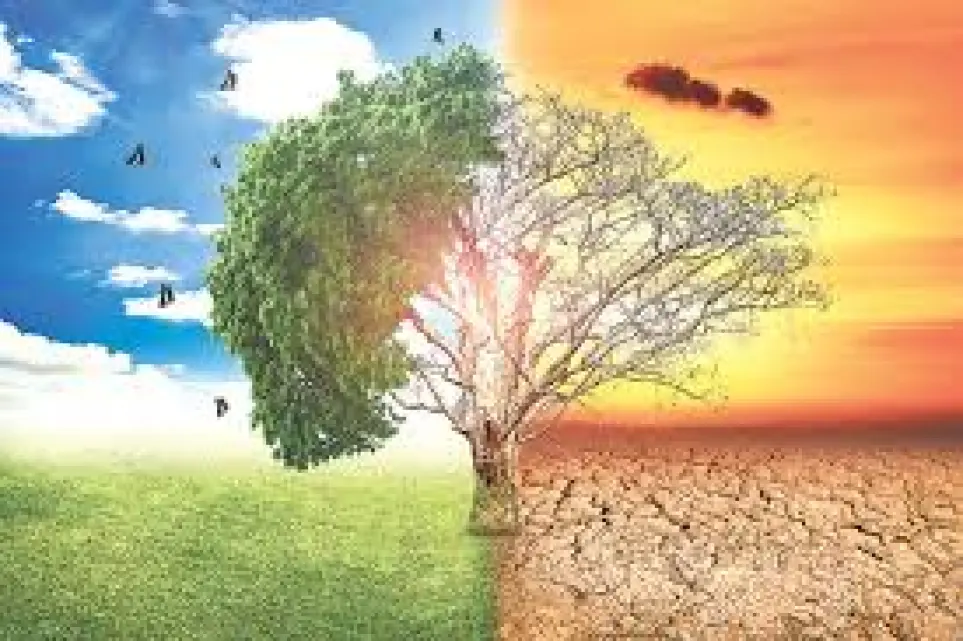Mansur Matazu, the director-general of the Nigerian Meteorological Agency, says no nation in the world is immune to the effects of a changing climate, whether that nation is a gas emitter or not since weather knows no boundaries.
The topic for World Meteorological Day this year was “the future of weather, climate, and water throughout generations,” Matazu said on Thursday.
He asserts that destructive storms have crossed several international borders throughout history and that this reflects the spirit of cooperation that is the foundation of the World Meteorological Organization.
He said that severe weather events including floods, droughts, and heat waves were becoming more common and strong in the country.
The NiMet boss who spoke through the Director, Research and Training NiMet Prof. Effiom Oku, noted that the global atmosphere continued to warm while nations struggle to adjust to the reality of combating climate change amidst economic gains.
Read Also: fg-set-to-fulfill-paris-agreement-on-climate-change-says-ngige
He added that the average concentration of greenhouse gases in the atmosphere continues to rise with devastating global consequences.
He said,” It is very clear, however, that no country in the world is immune against the effect of the changing climate, whether as an emitter or non-emitter of these gases. Indeed, happenings over the years have taught us all that weather has no boundaries. The world has seen ravaging storms cutting across several international borders during their lifecycles. This, therefore, echoes the essential of cooperation at the core of the existence of the WMO.”
On the theme of the event tagged,’ The future of weather, climate, and water across generations,’ he noted that national meteorological and hydrological services around the world had continued to monitor through observation (air, land, and water) the weather and climate conditions, providing evidence of the changing climate and leading actions through prediction towards adaptation, mitigation, and creation of resilient societies.
He, however, said the warming trend and anthropogenic activities of humans towards GHG concentrations have continued the upward surge.
Story adapted from Punch
